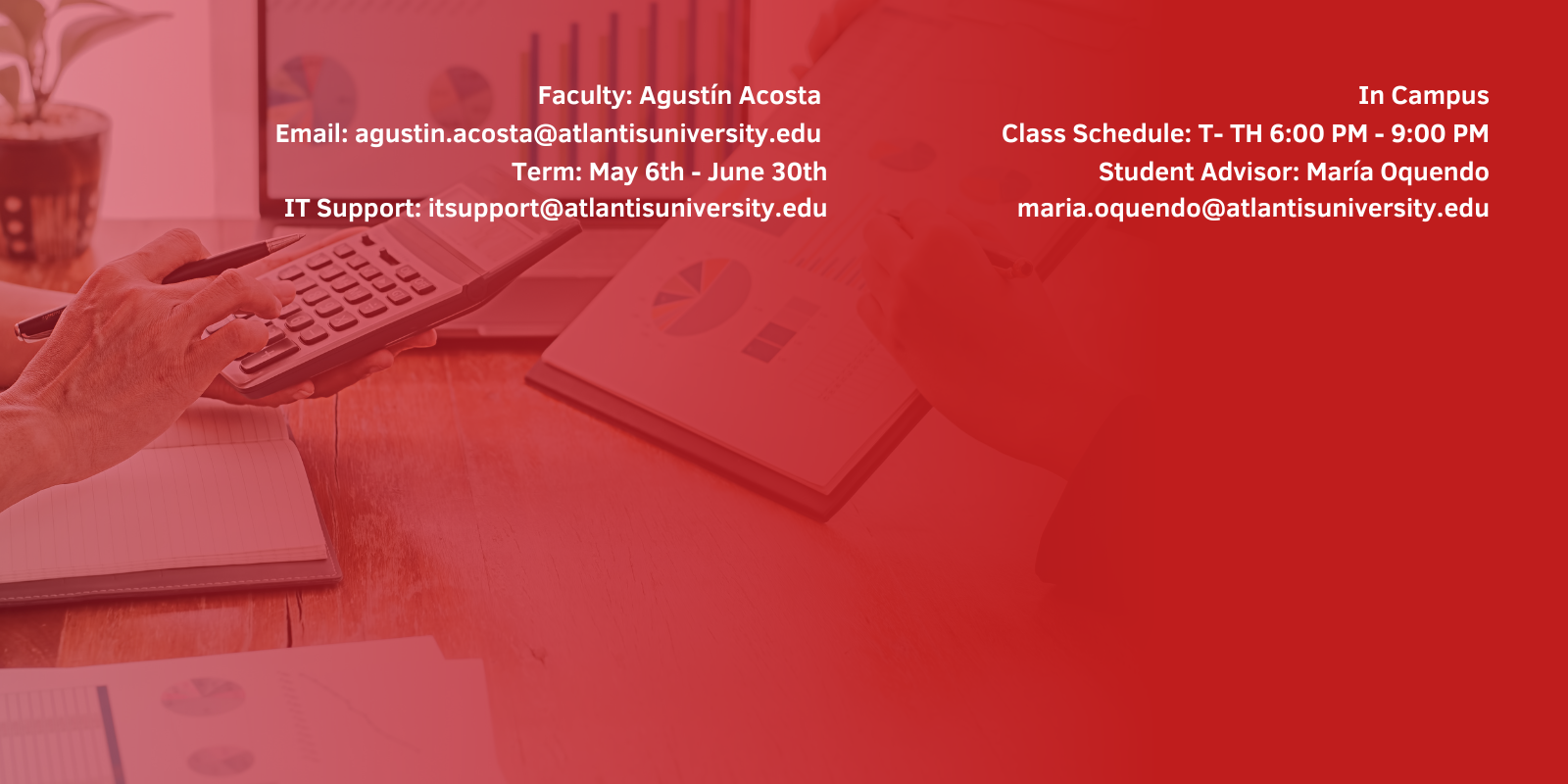This course provides skills for delivering outstanding customer relations including problem solving, effective communications, dealing with challenging customers, and cultural components of customer interactions and service excellence.
We will discuss customer relations goals, the importance of customer relations to business success, and current trends and practices.
This course will provide you with a framework to understand the structure and dynamics of International Marketing in relations to Business Growth, Performance, and Results.
This graduate course will extend your experience in:
- Identifying and evaluating opportunities worldwide.
- Developing and adapting market strategies in relation to specific national market needs or constraints.
In addition, this hands-on class intends to develop a deep understanding and practical skills to apply Marketing concepts, analyses, and tools to formulate, develop, and implement an International Marketing plans and initiatives in a globalized business environment heavily influenced by digital, interactive, viral, Web 2.0, Web 3.0, Social Media, and High Tech-Knowledge-Innovation environments.
- Teacher: Agustin Acosta
The course’s learning objectives reflect that: modern accounting with the advent of information technology is no longer simply the recording of historical facts but the assembly and management of accounting information and its distribution to both external and internal users; this information facilitates the decision processes necessary to compete in today’s increasingly complex business world and; an accounting information system capable of providing relevant, timely and reliable information must be administered by knowledgeable, competent management skilled in both accountancy and business management.
This course deals with the methodology and follow-up to develop a research project applied to the business environment, as a requirement for obtaining a degree. The result of the applied research project is the proposal of an academic document, in addition to a proof of concept that can be subsequently applied in a company. Of all the courses you take at Atlantis University, this will be the most practical. Eighty percent of your grade will be based on your project's follow-up, the research process you have conducted, as well as the results of it.
The course sessions will follow the natural order of a research process, such as defining the problem to be solved, conducting a review of the state-of-the-art literature, defining a project proposal, defining the research process, clarifying the scope of the project, planning the project and its deliverables, and delivering the required results.Having appropriate, timely, and accurate financial information is the cornerstone of a great performance management system. This course will introduce students to the world of corporate finance and number driven financial metrics, enabling them to not only build financial reports, but also be capable of conducting a thorough analysis about the financial condition of the firm by explaining how and why results were obtained using an analytical and numerical lens of financial reporting.
In addition, this course illustrates how a Balanced Scorecard is designed and maintained through analytics about how businesses and organizations create, deliver, and appropriate value.
Although we will focus on business organizations, you will find that the course concepts have valuable applications to other types of organizations, including non-profits, athletic teams, social clubs, and religious and political groups.
This course is an introduction to the basic concepts and topics in organizational behavior (OB) and management. The course focuses on OB at three levels: individual, interpersonal, and collective. We will start at the individual level, covering decision-making, motivation, and personality. We will then turn to the interpersonal level, covering power, influence, and negotiations. Finally, we will move up to the collective level, covering leadership and organizational context.

The concepts familiarize students with market structure, dynamics, and behaviors, including how producers and consumers interact with each other and shape market behaviors. Key topics include consumer theory, intertemporal decisions, market structure, low-risk decisions, externalities and market failures, economic forces, and business cycles.
Upon completion of this course, students will possess the knowledge and skills necessary to make proper judgments regarding the likely consequences of various economic events.
- Teacher: Dr. John Buchanan